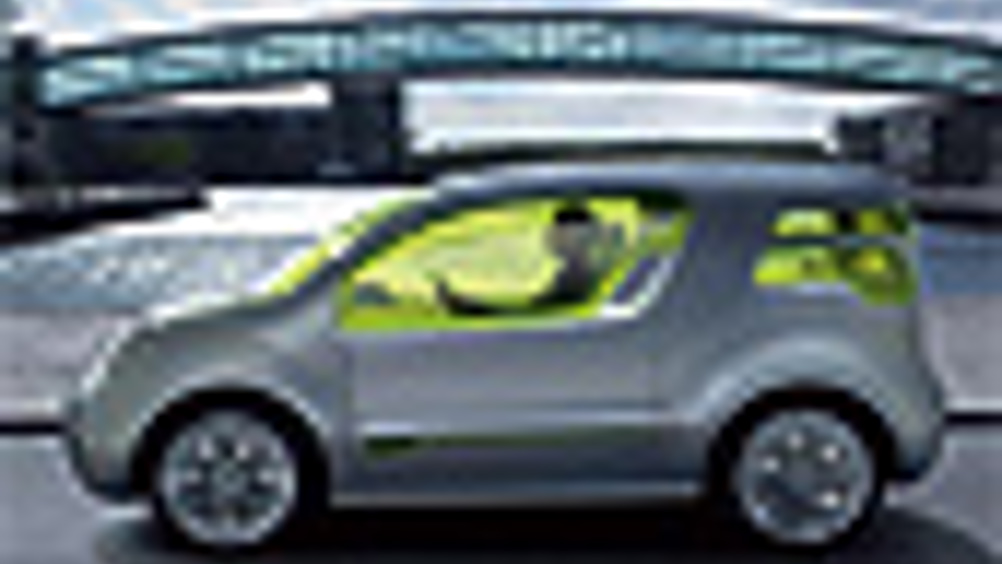Zero tolerance
Carmakers are responding to a growing demand for vehicles and to environmental concerns with zero-emission vehicles, says Carlos Ghosn.

This is a critical time for the global car industry as a result of economic volatility and turmoil that has not been experienced in decades, perhaps since 1929, and which has thrown many of the usual rules of business up in the air.
Everyone is hoping that demand is building and consumers will soon start buying again, but we do not know when that will happen.
The one certainty is that people will continue to drive cars. Cars have no substitute — they cannot be replaced by public transportation because people need and want their autonomy. Buying a car is still a major life event and owning one is an important symbol of freedom, status, and achievement.
But what kind of cars will they be — diesels, flex fuels, hybrids, fuel cells, electric? This question is of growing importance as the world is changing rapidly.
Two trends are bringing this discussion to the forefront. The first is the shift in demographics. Today, the world's population is 6.7 billion. By 2050, it is expected to reach more than 9 billion. Today, there are 600 million vehicles worldwide. By 2050, statistics show there may be up to 2.5 billion vehicles. Many of those will be sold to the rising middle classes in markets such as China and India where, today, there are fewer than 50 vehicles per 1,000 inhabitants compared with 800 vehicles per 1,000 in the US.
Register now to continue reading
Thanks for visiting The Engineer. You’ve now reached your monthly limit of premium content. Register for free to unlock unlimited access to all of our premium content, as well as the latest technology news, industry opinion and special reports.
Benefits of registering
-
In-depth insights and coverage of key emerging trends
-
Unrestricted access to special reports throughout the year
-
Daily technology news delivered straight to your inbox










UK Enters ‘Golden Age of Nuclear’
The delay (nearly 8 years) in getting approval for the Rolls-Royce SMR is most worrying. Signifies a torpid and expensive system that is quite onerous...